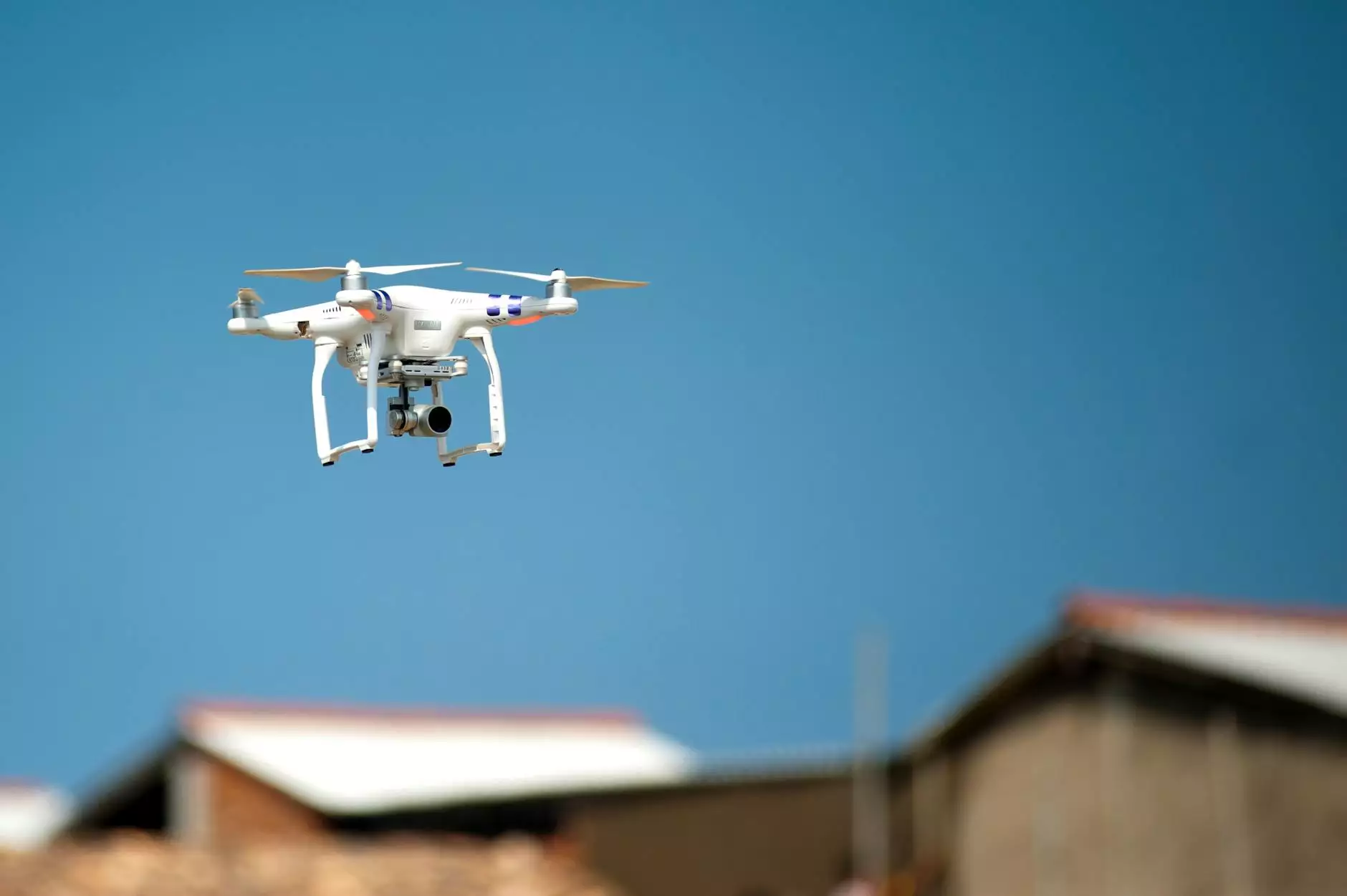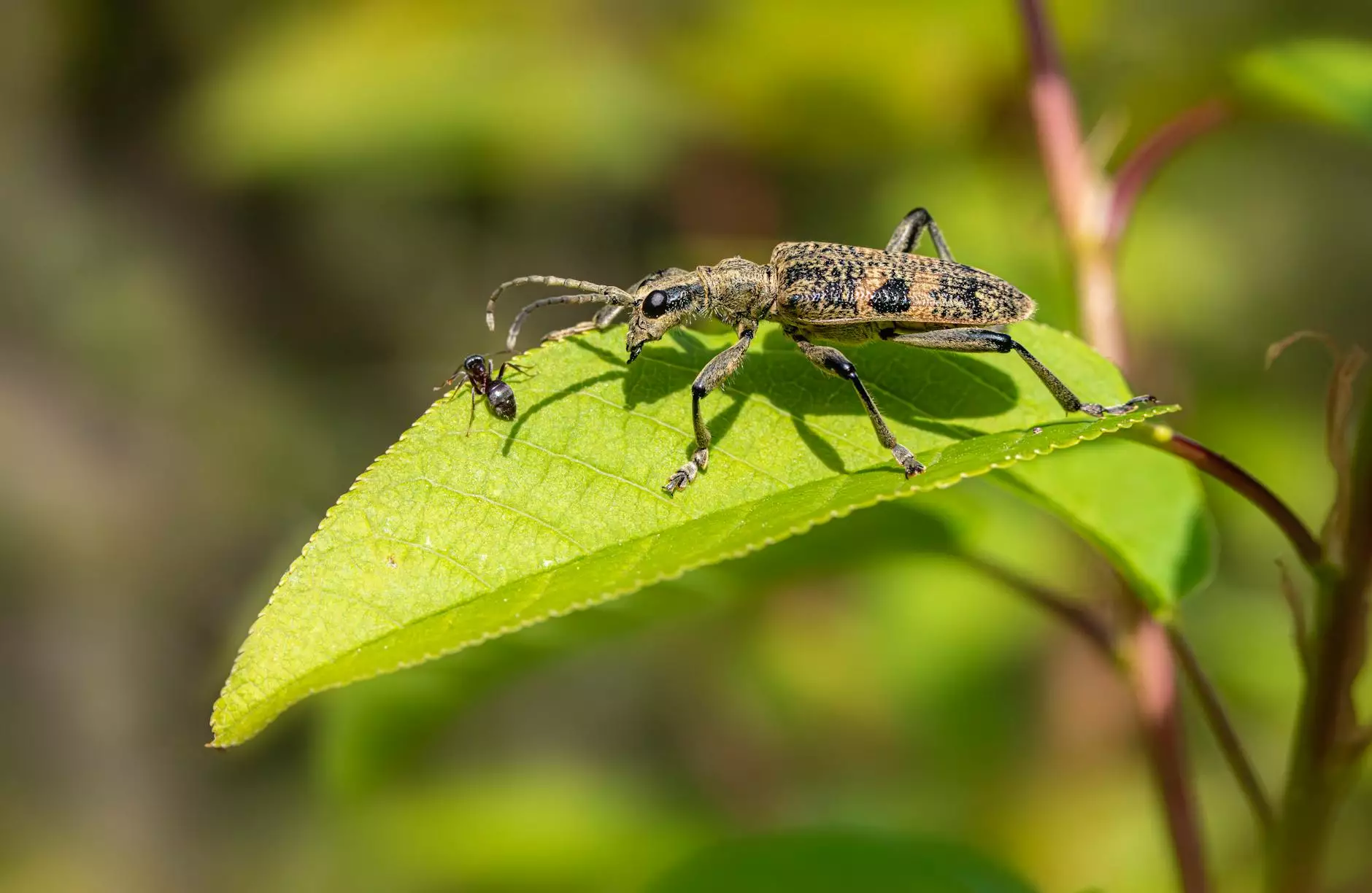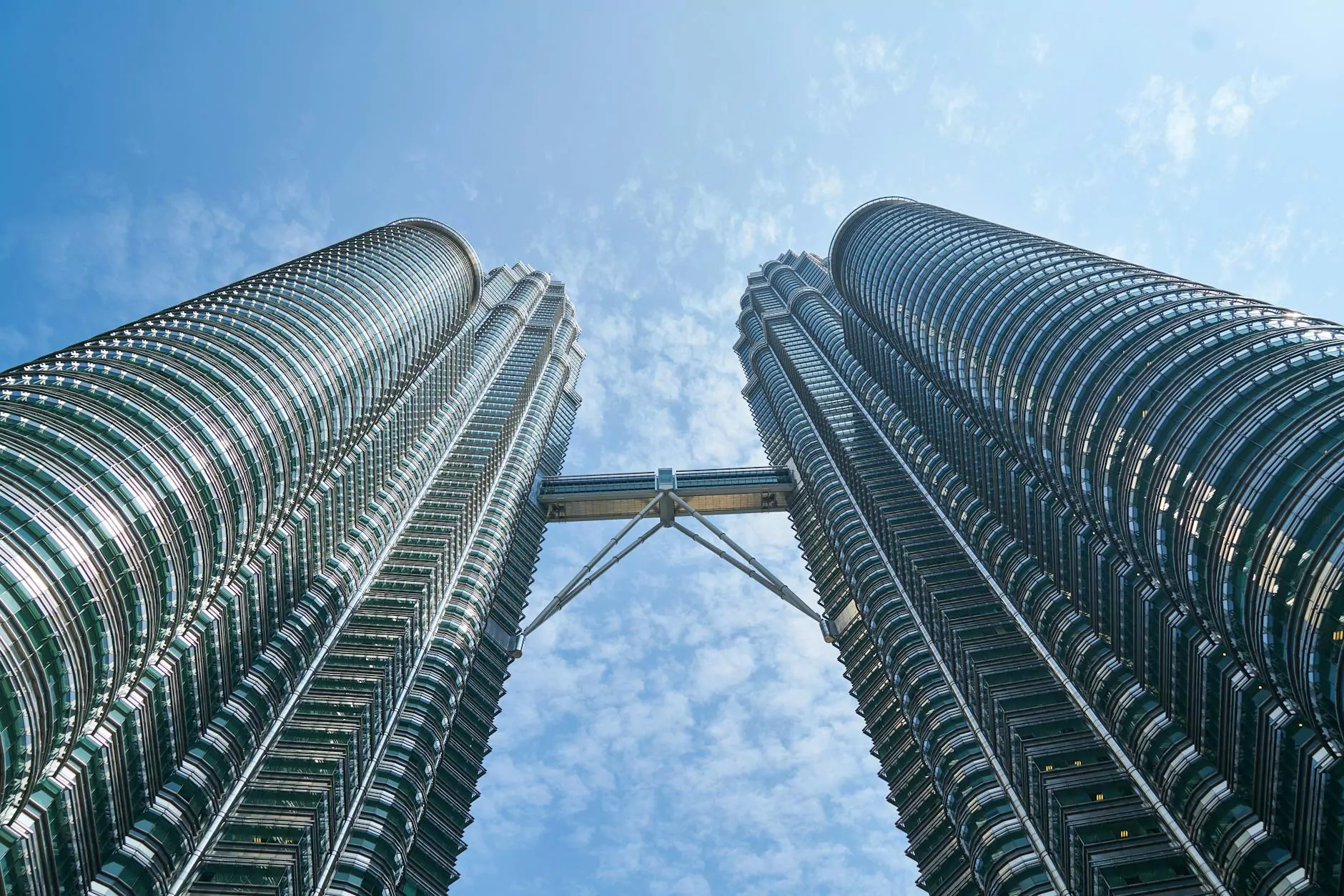The Impact of Agro Drones on Modern Agriculture

The advent of technology has heralded a new era in various industries, and agriculture is no exception. Among the most significant innovations is the introduction of agro drones, which have started to transform the way farming practices are conducted. This article delves deep into the myriad benefits of using agro drones in agriculture, exploring their applications, advantages, and the future they promise for the industry.
Understanding Agro Drones
Agro drones are unmanned aerial vehicles (UAVs) specifically designed for agricultural purposes. These drones are equipped with advanced technology, including high-resolution cameras, sensors, and GPS systems, enabling farmers to monitor, analyze, and manage their crops more effectively. In essence, these drones act as the farmer's eyes in the sky, providing vital data that can enhance productivity and sustainability.
Key Applications of Agro Drones
Agro drones carry out several essential functions in modern agriculture, including but not limited to:
- Crop Monitoring: Drones can capture real-time data about crop health, growth patterns, and soil conditions.
- Pesticide and Fertilizer Application: These drones can autonomously spray pesticides and fertilizers, ensuring uniform distribution and minimal waste.
- Field Mapping: Agro drones can create detailed maps of agricultural lands, helping farmers assess field conditions and plan effectively.
- Irrigation Management: Drones equipped with thermal sensors assess soil moisture levels and help sustain optimal irrigation practices.
- Harvest Estimation: By analyzing crop density and growth stage, drones can provide harvest predictions, aiding in better logistical planning.
Advantages of Using Agro Drones
The integration of agro drones into farming practices offers numerous benefits that enhance productivity, efficiency, and sustainability.
1. Increased Efficiency
One of the most significant advantages of agro drones is their ability to cover large areas of land quickly and accurately. Traditional methods of crop monitoring can be labor-intensive and time-consuming. Drones can complete these tasks in a fraction of the time, allowing farmers to focus on implementing corrective measures.
2. Cost-Effective Solution
While the initial investment in agro drone technology may seem high, the long-term savings are substantial. Drones reduce labor costs, minimize resource usage, and optimize the application of inputs like fertilizers and pesticides, translating into a more profitable agricultural operation.
3. Precision Agriculture
Agro drones facilitate precision agriculture, which involves managing variations in the field accurately. Drones provide precise data, enabling farmers to make informed decisions based on the specific needs of different crop areas. This targeted approach reduces waste and increases productivity.
4. Environmental Sustainability
By employing agro drones, farmers can significantly minimize their environmental footprint. Drones enable the precise application of inputs, reducing overuse and preventing runoff that can contaminate nearby water sources. Additionally, monitoring crop health via drone technology helps in implementing sustainable farming practices.
5. Enhanced Data Analysis
Drones equipped with advanced sensors collect vast amounts of data that can be analyzed to gain insights into crop performance. This data-driven approach allows for better forecasting, planning, and management of agricultural practices.
Regulatory Considerations for Agro Drone Use
As with any emerging technology, the use of agro drones is subject to various regulations to ensure safety and compliance with aviation laws. Farmers interested in employing agro drones must:
- Obtain the appropriate licenses and certifications for drone operation.
- Adhere to local and national laws regarding airspace usage.
- Follow guidelines set forth by agricultural authorities concerning pesticide application.
- Ensure privacy and data protection regarding aerial imagery.
Challenges in Incorporating Agro Drones
Despite the substantial advantages, there are challenges within the adoption of agro drones in agriculture:
1. Technical Expertise
The effective use of agro drones requires a certain level of technical knowledge. Farmers may need training to operate drones, analyze data, and interpret the results.
2. Initial Investment
The cost of purchasing drone equipment and software can be prohibitive for some small-scale farmers. However, this investment should be viewed through the lens of potential returns over time.
3. Weather Dependency
Drone operations can be heavily influenced by weather conditions. Rain, high winds, or extreme temperatures can hinder flight capabilities, which may disrupt the scheduling of critical tasks such as crop monitoring or spraying.
Future Trends in Agro Drones
As technology continues to evolve, so too does the field of agro drones. Some future trends to watch include:
- Artificial Intelligence Integration: AI can enhance data analysis capabilities, providing actionable insights for farmers.
- Autonomous Operations: The future points toward fully autonomous drones that require minimal human intervention.
- Increased Customization: Drones will likely become more customizable, allowing farmers to adapt them to specific crops and field conditions.
- Collaboration with IoT: The Internet of Things (IoT) will allow for better connectivity between drones and farming equipment, creating a more streamlined agricultural process.
The Role of A-Drones.com
A-Drones.com is at the forefront of drone technology, providing innovative solutions tailored for the agricultural sector. Whether you're a small farm looking to implement advanced monitoring solutions or a large agricultural enterprise seeking precision farm management, A-Drones.com offers a wide range of agro drone services and products.
By choosing A-Drones.com, you gain access to:
- Expert consultation on agro drone deployment.
- Top-of-the-line drone products suited for various agricultural applications.
- Training programs to educate your team on effective drone usage.
- Ongoing support and maintenance to ensure your operations run smoothly.
Conclusion
In summary, the integration of agro drones into agriculture represents a significant leap forward in efficiency, sustainability, and productivity. With the increasing need to feed a growing global population, the adoption of this technology is not only beneficial but essential. Investing in agro drones will lead to a new era of farming, characterized by data-driven decisions, precise resource management, and improved crop yields. If you're ready to embrace the future of farming, explore the solutions offered by A-Drones.com and take your agricultural practices to the next level.









